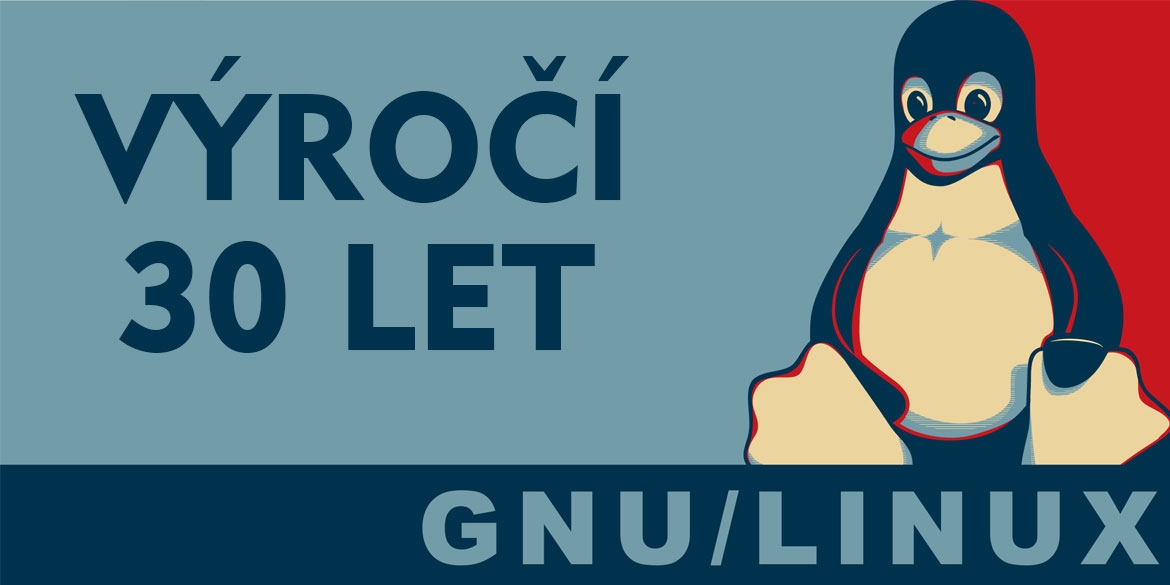Once upon a time, many years ago, when the world was ruled by large mainframe computers, mobile phones were read about in visionary books, programming languages resembled assembly, operating systems had no graphical interfaces, and were typically sold expensively under harsh licenses to poor computer peasants along with hardware, there lived a young programmer named Richard Stallman.
He was dissatisfied with the oppression of large computer corporations tyrannizing society with their UNIX systems, so he decided to unite the people and lead a battle for open software. He founded the people's movement GNU ("GNU's Not Unix!") and set out to build an open operating system available to everyone. The idea was that everyone could see that the source code was safe, everyone could fix any bugs they encountered, and everyone could develop it according to their abilities and needs. The year was 1983.
It took years to develop the basic programs and applications that could replace those of UNIX, and it took a long time to create the GNU Hurd operating system kernel, which, however, did not have sufficient strength. At that moment (1991), like a messenger from above, a young Linus Benedict Torvalds appeared with his Linux operating system kernel. He liked Richard's ideological views, so they agreed at a round table on a pact called GNU/Linux.
There was no longer any obstacle to the development of a free operating system, and more and more people began to get involved in this project. Initially, the large corporations laughed at them, and even after a long time, they were considered oddballs. The significant and powerful usurper Steve Ballmer still claimed in 2001 that Linux was a cancer.
However, since then, the GNU/Linux movement has come a long way and is no longer a laughing matter. Almost everything we touch today that is powered by electricity is driven by this operating system. From Facebook and Google servers to mobile phones, smart TVs, stock exchanges, and even space ships and probes, everything uses open software – OpenSource.
Some might say, "What about the glassmakers? They won't have anything to eat!" But the opposite is true. Just as the invention of the wheel didn't ruin the lives of porters, the creation of the automobile didn't increase the production of horse salami, and the easy availability of a free operating system won't destroy the world of computing technology. It simply makes life easier for people and forces the ossified and outdated to realize that they cannot rely on a monopoly forever and must offer something new, better, and free. Major IT companies like IBM, HP, and others support the development of GNU/Linux, and even Microsoft has an OpenSource division. Probably because, from a PR perspective, it's very sexy.
